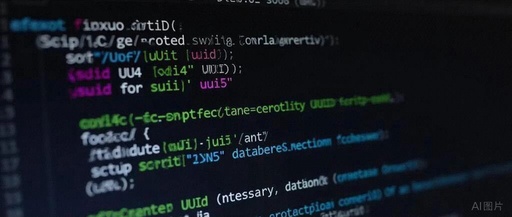Stop Using Random Strings! Generate Unique IDs with Python’s UUID – System-Wide Uniqueness for Large Projects!
😩 Have you encountered these issues? Writing scripts to temporarily save data, worried about filename duplication? Need to generate a unique ID for user registration, but handwritten logic is long and clunky? Want to assign a unique number to each task, but afraid of conflicts? Stop using <span>time.time()</span> and <span>random.randint()</span> to concatenate strings! Python has … Read more


